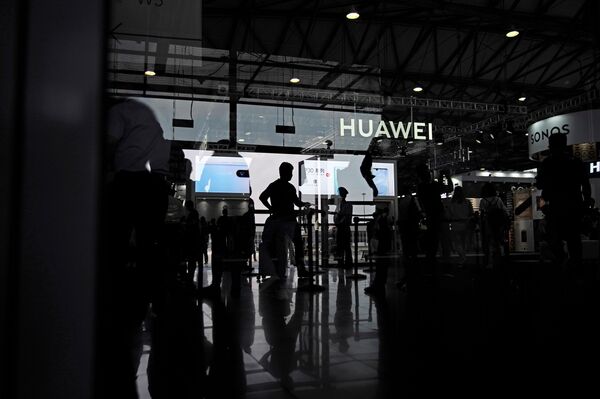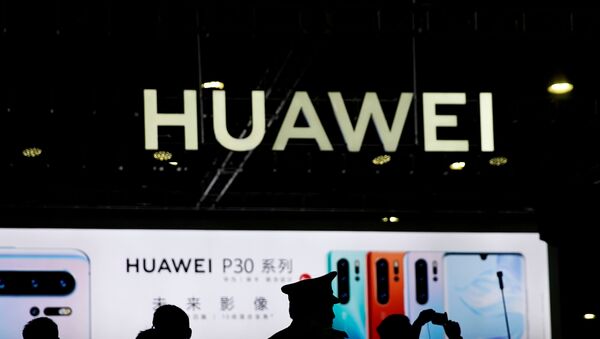US Federal Communications Commission (FCC) Commissioner Geoffrey Starks in an interview with CNET shared US government plans to extend a crackdown on Huawei and other Chinese telecom giants, including ZTE. The FCC suggests going beyond banning the firms from the US and has offered to "rip" out equipment that is currently used by American carriers and install "safe" analogues.
It is not clear how exactly a "rip and replace" policy would work, including how Huawei-using carriers would be identified and whether or not the carriers will get a refund for having to buy new equipment following a Washington policy shift. Starks believes carriers would be refunded to help them buy replacement gear, but admitted that there has been no decision on the move or even an agreement on whether funds would be allocated.

Starks admitted that the FCC does not yet know the scale of the "problem", but said that Huawei's equipment is mostly used by rural carriers, due to the firm's cheaper prices. The commissioner indicated that the FCC will be gathering experts and industry representatives to not only determine the extent of the use of Huawei and "similar" companies in US networks, but also to understand what types equipment or software pose the alleged national security "threat".
When asked about the nature of alleged threat coming from the Chinese tech giant, Starks pointed to an unspecified report from Europe, but failed to give details.
"There have been reports that in Europe folks have identified software code that was in Chinese equipment that they considered to be risky. So that's the general nature of some of the threats that we've seen right now", he said.
Previously, Trump issued an executive order banning Huawei equipment on US soil and prohibiting American firms from selling, leasing or licensing technologies to the Chinese tech giant. The move forced Google to end Android support for all future Huawei devices. Several chip-makers, including Intel, Qualcomm and the UK's ARM have cut ties with the company.
Huawei criticized the US decision, refuting the claims of company ties to the Chinese government that Huawei allegedly uses to spy on users. The Chinese tech giant filed a complaint against the actions of Washington, while Beijing passed new state guidelines enabling the the nation to ban any foreign equipment deemed a threat to the national security.


